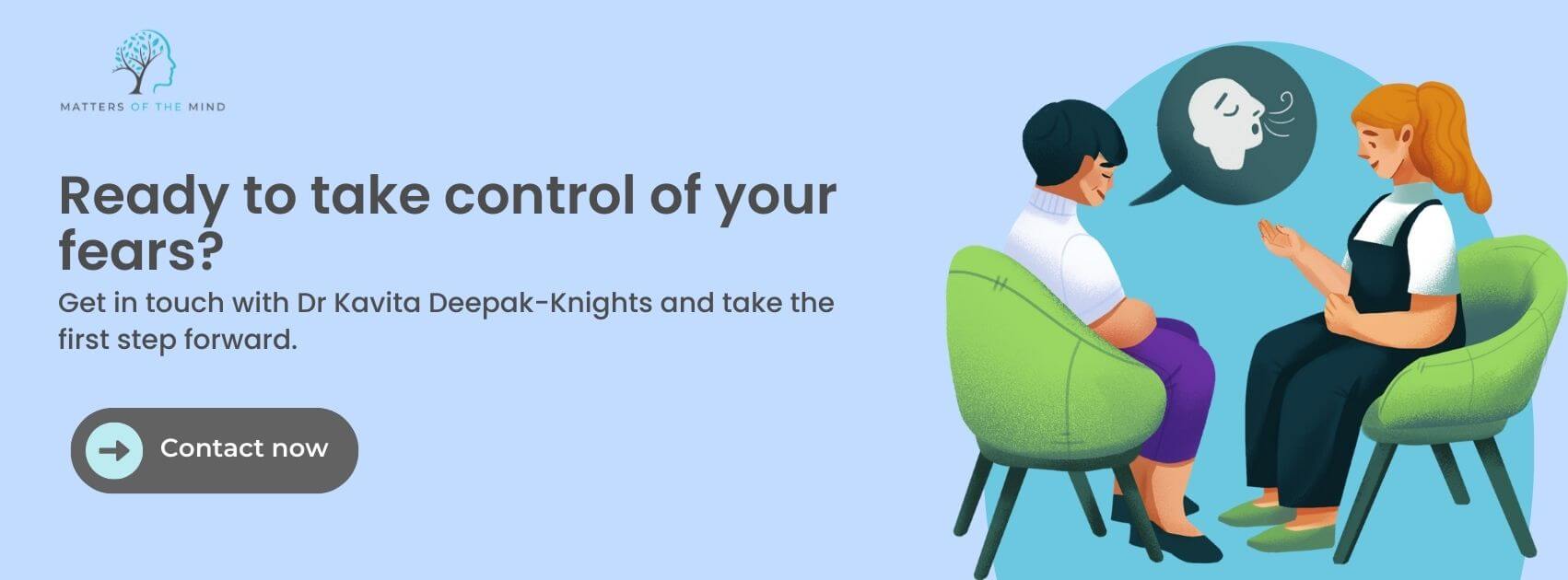Mental health is a vital part of overall well-being, yet it is often neglected during adulthood. Balancing academics, career goals, social life, and financial responsibilities can be a challenging task in life. These changes can feel overwhelming at times, but small, consistent habits can make a significant difference in building resilience and protecting mental health.
In this blog, we’ll discuss ten everyday practices that youth can adopt to nurture their emotional well-being.
Healthy Habits For Your Mental Health
Below are the listed habits that are effective for an individual’s mental health.

1. Start your day with a grounding routine
The way you begin your morning sets the tone for the rest of your day. Instead of rushing straight into social media, take a few minutes to ground yourself and feel at ease. This could mean practicing deep breathing, stretching, journaling, or simply sitting quietly with a warm drink. A calm start helps regulate emotions and improves focus, making you better equipped to handle daily stressors.
2. Prioritise quality sleep
Sleep is often sacrificed in the busy lives of young adults, yet it is one of the most powerful tools for mental health. Poor or insufficient sleep can heighten anxiety, reduce concentration, and increase irritability. Aim for 7-9 hrs of sleep by maintaining consistent sleep and wake times, limiting caffeine in the evening, and creating a screen-free routine. Quality sleep restores both mind and body, enabling you to cope with challenges more effectively.
3. Nourish your body with balanced nutrition
What you eat directly influences how you feel. Diets high in processed food and sugar can cause mood fluctuations and energy crashes, while balanced meals rich in whole grains, lean proteins, fruits, vegetables, and healthy fats support stable energy and emotional regulation. Staying hydrated also plays a crucial role in maintaining mental clarity and mood balance. Think of food not only as fuel for your body but also as nourishment for your mind.
4. Move your body
Exercise is more than a way to stay fit; it’s a proven stress reliever and mood enhancer. Physical activities release endorphins, improve sleep, and reduce symptoms of anxiety and stress. It doesn’t have to be a strict gym workout; walking, dancing, cycling, or yoga can be equally effective. The key is consistency. Even 20-30 minutes of daily movement can make a noticeable difference in mental well-being.
5. Set healthy digital boundaries
Young adults spend a significant portion of their time online, often without realising the toll it takes on their mental health. Endless scrolling, constant notifications, and exposure to unrealistic portrayals of life can heighten feelings of inadequacy and stress. Create digital boundaries by scheduling tech-free times, muting necessary notifications, and curating social media feeds to follow accounts that uplift rather than drain you.
6. Stay connected with supportive people
Human connection is the core need, especially during the uncertain years of young adulthood. Surround yourself with people who encourage and support you, whether they are friends, family, mentors, or peers. Regular conversations, shared experiences, or even short check-ins can be a healthy tool against loneliness and stress. Healthy relationships act as a protective factor for mental health, reminding you that you are not alone in your struggles.
7. Practice stress management techniques
Stress is inevitable, but how you respond to it makes all the difference. Incorporate stress management practices such as mindfulness, progressive muscle relaxation, journaling, or creative hobbies. These techniques calm the nervous system, reduce stress, and help you feel more in control. Over time, practising stress management daily builds resilience, making it easier to navigate life’s challenges without feeling overwhelmed.
Young adults often feel pressured to say “yes” to every opportunity, social event, or request out of fear of missing out or disappointing others. However, overcommitting can lead to burnout, resentment, and high stress. Recognise that saying no is not selfish; rather, it’s an act of self-care. Protecting your time and energy allows you to focus on what truly matters and prevents mental exhaustion.
9. Keep a gratitude practice
Gratitude shifts your attention from what’s lacking to what’s present and meaningful in your life. Even in stressful times, acknowledging small positives, a supportive friend, a warm meal, and a moment of laughter, can improve mood and foster experience. Keeping a gratitude journal or mentally listing three things you’re thankful for each day helps train your mind to notice the good, which strengthens emotional resilience.
10. Spending time in nature
Spending even a short amount of time in nature each day can have a powerful effect on mental well-being. Fresh air, natural light, and physical movement help regulate mood, reduce stress, and improve focus. Whether it’s a morning walk, sitting in a park, or simply stepping outside during breaks, connecting with the outdoors provides a refreshing reset for the mind. Making this a daily practice allows you to feel more grounded and energised throughout the day.
Final Thoughts
Young adulthood is a period of both opportunity and uncertainty. While pressures may feel relentless, developing everyday habits that prioritise mental health creates a stable foundation for personal and professional growth. Start with small habits to make consistently, and slowly these practices will make you resilient, enhance your sense of balance, and help you navigate life challenges with greater clarity and calm.
Protecting your mental health is not a one-time task but a lifelong commitment. By cultivating these habits, you give yourself the real help to lead a healthier and fulfilling life.
However, if you ever feel that the situation worsens and you are unable to cope on your own, it is important to seek guidance from a qualified mental health expert. Seeking help at the right time can prevent struggles from deepening and provide the right support and guidance for recovery and growth.
For personalised support, you can connect with Dr Kavita Deepak Knights, who offers dedicated psychological sessions designed to help individuals manage challenges and nurture their mental well-being.
When you seek help, it’s always there.


